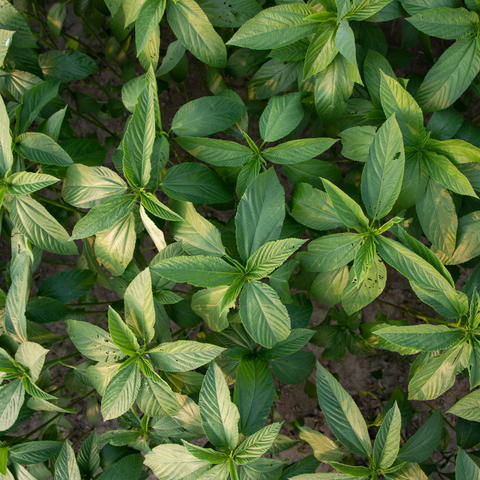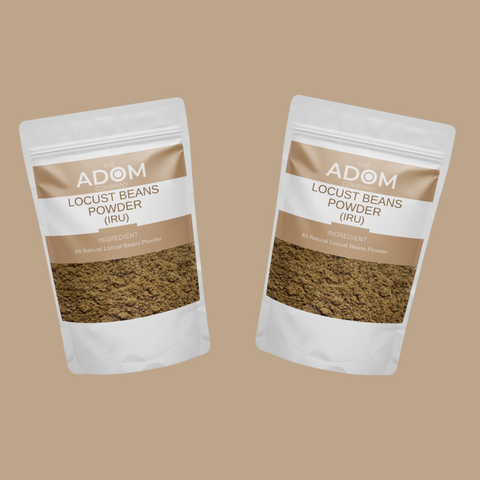We all know the importance of having a balanced and nutritious diet. But did you know that incorporating jute leaves, also known as "ewedu" in Nigeria, "mrenda" in Kenya, and "saluyot" in the Philippines, into your meals can bring numerous health benefits? Jute leaves are not only delicious, but they are also rich in essential nutrients that our body needs. They are a green, leafy vegetable that is gaining popularity due to its numerous health benefits. These leaves come from the jute plant, which is mainly used for making burlap fabric. However, the leaves of this plant are highly nutritious and offer many health benefits when consumed. In this blog post, we will explore the various benefits of jute leaves and why you should consider adding them to your diet.
First and foremost, jute leaves are an excellent source of vitamins and minerals. They are rich in vitamins A, C, and E, calcium, iron, and magnesium. These nutrients play a crucial role in maintaining overall health and preventing various diseases. For example, vitamin A is essential for maintaining healthy vision, while iron helps prevent anemia.
Jute leaves are also high in antioxidants, which help protect the body against damage from free radicals. Free radicals are unstable molecules that can cause cell damage and increase the risk of chronic diseases such as cancer and heart disease. By consuming jute leaves regularly, you can boost your body's antioxidant levels and reduce the risk of these diseases.
One significant advantage of jute leaves is their anti-inflammatory properties. Inflammation is a natural response by the body to injury or infection, but chronic inflammation can lead to various health problems. Jute leaves contain compounds that have been shown to reduce inflammation in the body, making them beneficial for those with conditions such as arthritis and asthma.
Moreover, jute leaves are known to improve digestion and promote gut health. They are high in dietary fiber, which helps regulate bowel movements and prevents constipation. Additionally, the leaves contain a natural compound called mucilage, which can help soothe digestive issues like ulcers and irritable bowel syndrome.
Jute leaves also have anti-diabetic properties and can help regulate blood sugar levels. Studies have shown that the leaves contain compounds that mimic insulin's action and can improve glucose control in those with diabetes.
Lastly, jute leaves are an excellent addition to any weight-loss diet. They are low in calories but high in nutrients, making them a perfect choice for those looking to shed some pounds. The leaves also contain a compound called chlorogenic acid, which has been linked to weight loss and improved metabolism.
Jute leaves offer numerous health benefits and can be easily incorporated into your diet. They are versatile and can be used in various dishes, such as soups, stews, and salads. So why not give them a try and reap the nutritional benefits of this green leafy vegetable? Your body will thank you for it! #JuteLeaves #NutritionalBenefits #GreenLeafyVegetable. So don't forget to pick up some jute leaves and add them to your meals for a healthy and flavorful boost!
Happy eating and happy nourishing!




Comments (0)
There are no comments for this article. Be the first one to leave a message!